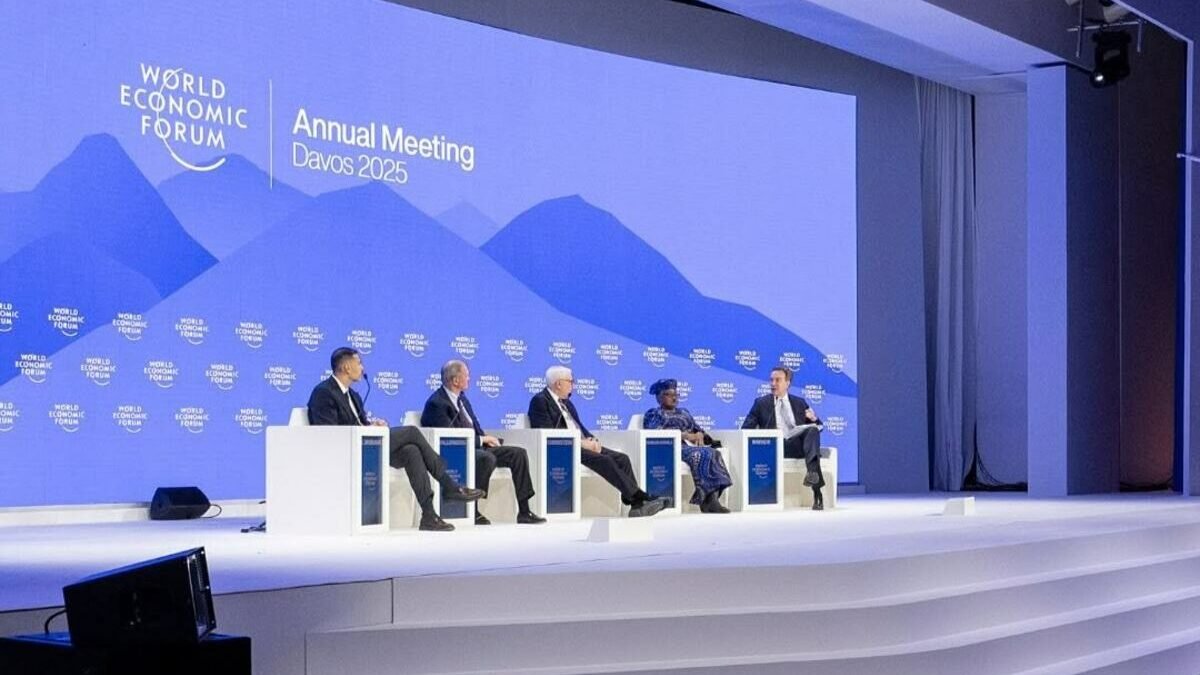At the World Economic Forum (WEF) 2025, global leaders, policymakers, business executives, and thought leaders gathered to discuss the most pressing challenges facing the world in a rapidly evolving landscape. Against the backdrop of escalating geopolitical tensions and transformative technological advancements, the central theme of this year’s forum was the urgent need for renewed global cooperation to address the interconnected issues of sustainable development, security, and the challenges of adapting to the intelligent age.
In his keynote address, the WEF’s founder, Klaus Schwab, stressed the importance of collaborative action in tackling global risks such as climate change, economic inequality, and cybersecurity threats. He noted that the current era, marked by rapid technological innovation, demands unprecedented cooperation between governments, industries, and international organizations to ensure that the benefits of innovation are shared equitably while mitigating potential risks.
One of the primary discussion points at the forum was the critical need to accelerate sustainable development efforts, particularly in light of the climate crisis. Leaders called for enhanced commitments to the Paris Agreement and the adoption of green technologies. Collaboration across borders is seen as essential to meet climate targets, promote clean energy transitions, and achieve the UN Sustainable Development Goals (SDGs).
Security concerns also featured prominently in the discussions, with attention focused on the growing cybersecurity risks posed by digital transformation and the rise of artificial intelligence. Global leaders emphasized the need for international norms and regulations to prevent the misuse of technology, protect critical infrastructure, and ensure that technological advancements contribute to the public good.
Furthermore, the forum addressed the intelligent age, highlighting the rapidly advancing fields of AI, robotics, and biotechnology. Participants called for frameworks to guide ethical innovation and ensure that these technologies are developed in a way that benefits society as a whole. The discussion underscored the necessity of preparing workforces for the future and addressing challenges like automation and the digital divide.
Ultimately, the WEF 2025 emphasized that multilateral cooperation is key to navigating the complexities of the 21st century. As global challenges become increasingly interlinked, collective action is seen as essential for creating a more sustainable, secure, and equitable future for all.


















hossman
Ok
Happy
Good
KHANDY
Good
Walker
Nice
Marena25
Good
Adungchaab
Good
Suhuyini
Okay